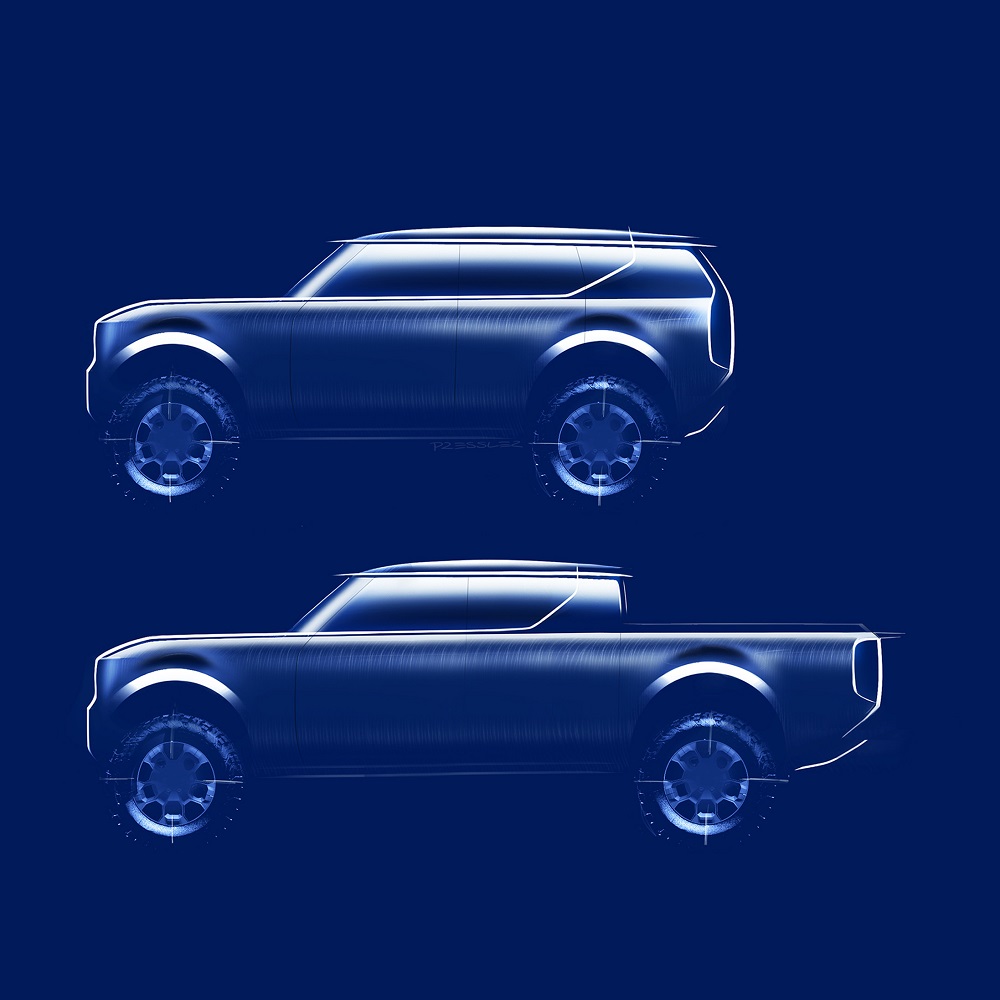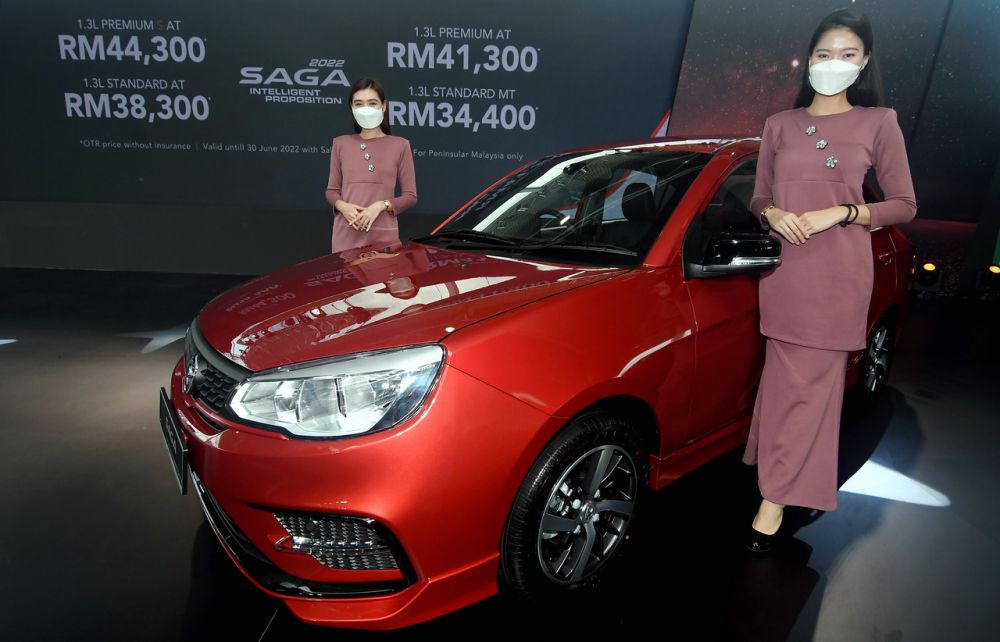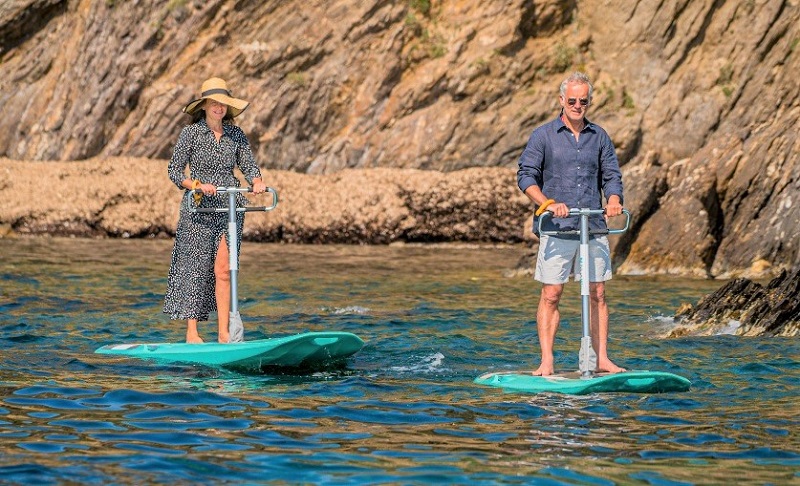STOCKHOLM, May 28 — Car-makers Volvo and Mercedes-Benz have announced that they will soon start using green steel, made with zero CO2 emissions, in the production of their future models. This will contribute to a considerable reduction in their carbon footprint.
The German car-maker Mercedes-Benz has taken an equity stake in Swedish start-up H2 Green Steel (H2GS) as a means of introducing CO2-free steel to the production of upcoming series models, starting in 2025. Currently, a sedan that rolls off Mercedes-Benz production lines is made with around 50 per cent steel.
H2GS uses hydrogen and electricity from 100 per cent renewable energy sources in its steel production process, which in turn makes it carbon-neutral. The company hopes to produce five million tons of fossil-free steel by 2030, contributing, on its level, to the decarbonizing of the European steel industry.
As for Mercedes-Benz, the car-maker plans to reorganize its entire supply chain to focus on materials produced with the least possible greenhouse gas emissions. Mercedes-Benz aims to achieve a fully connected and CO2-neutral vehicle fleet by 2039, 11 years earlier than EU legislation requires.
Earlier this year, Volvo announced a partnership of a similar kind with fellow Swedish firm SSAB, also for the use of fossil-free steel in future cars. Moreover, the manufacturer is seeking reductions of 2.5 million tonnes in carbon emissions from 2025, notably by using circular business principles. Recently, Volvo’s Torslanda site in Sweden became the company’s first climate-neutral car manufacturing plant. — ETX Studio






















